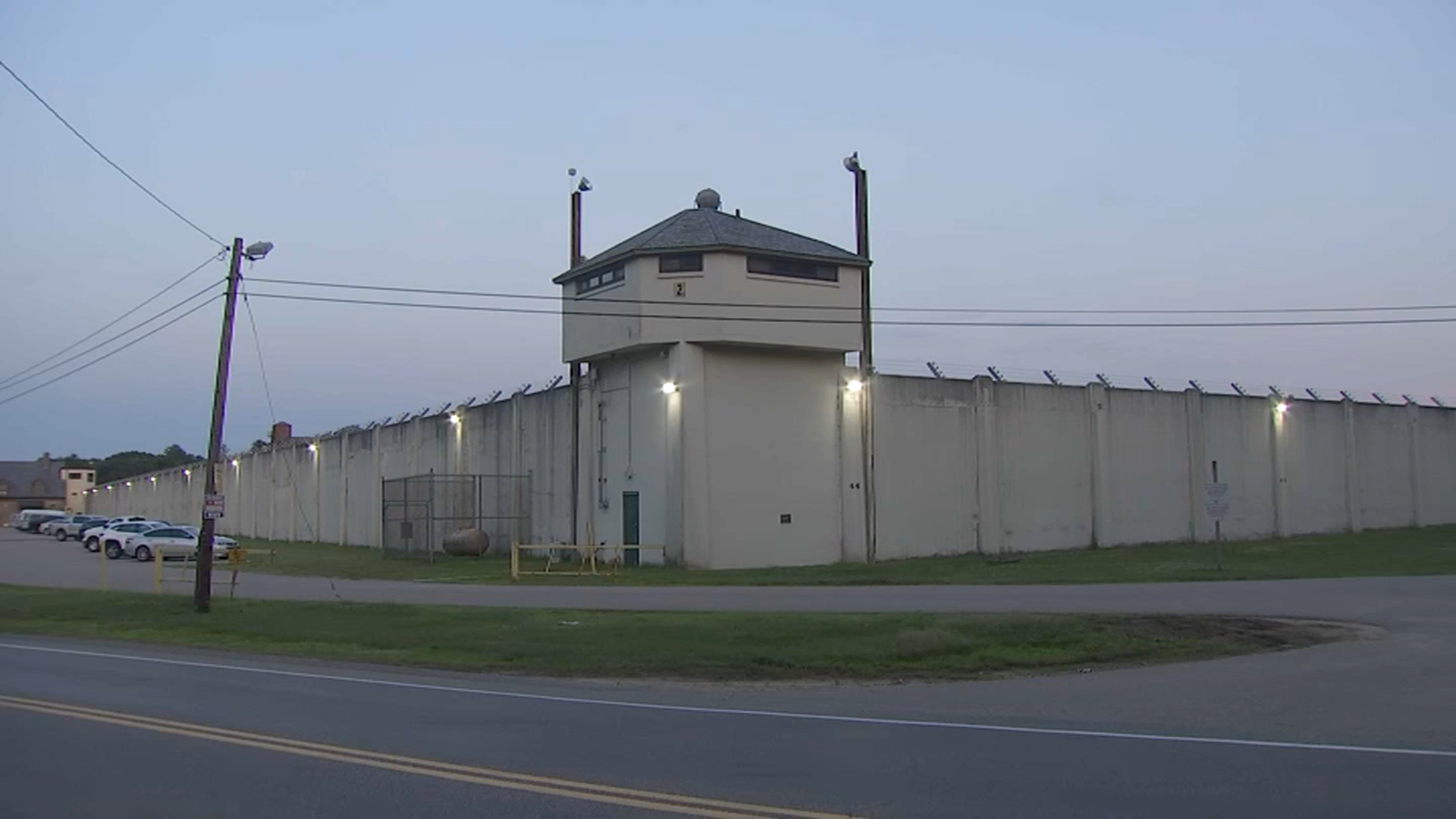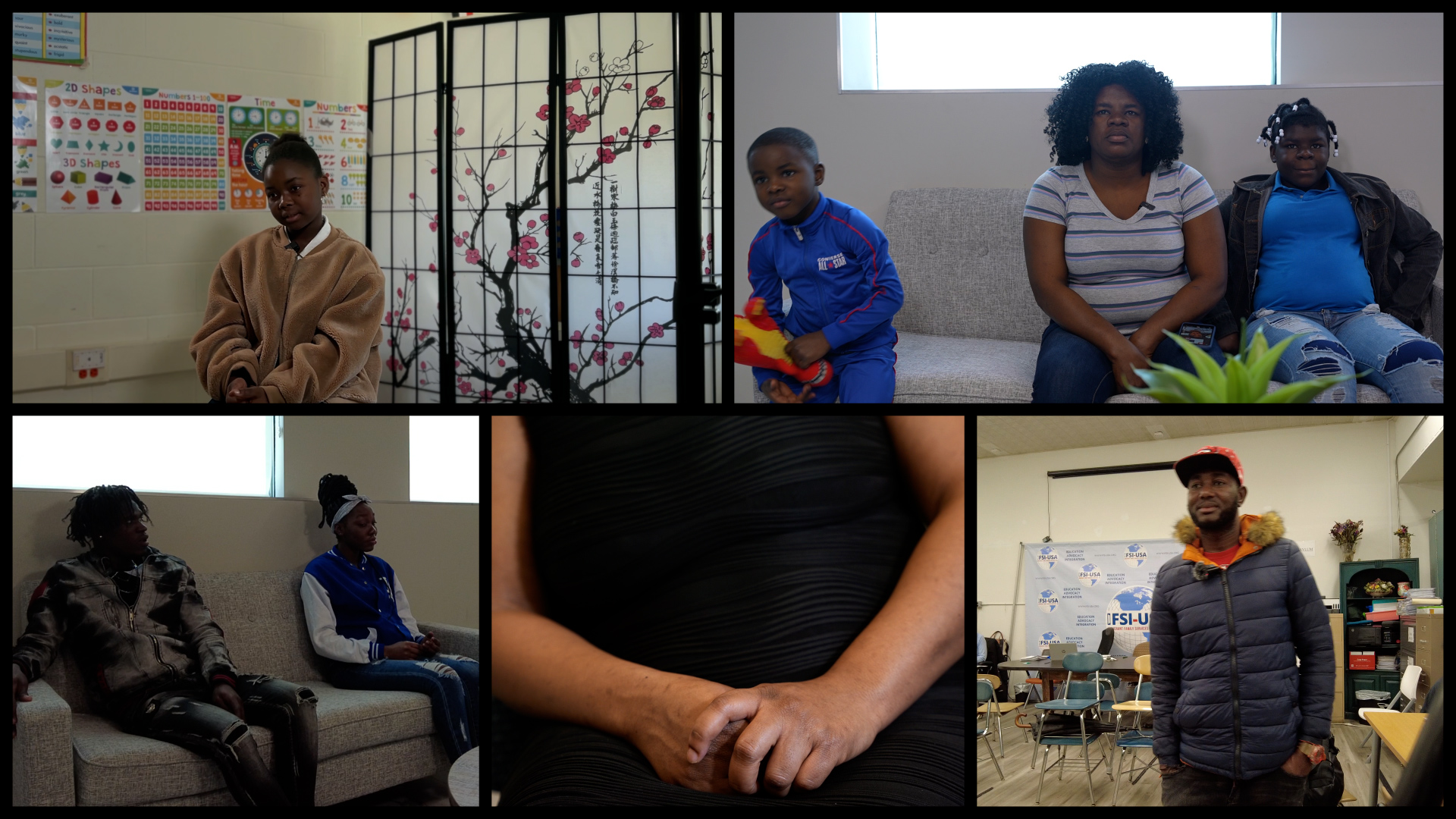
Federal immigration officials on Friday extended a legal status for Haitian immigrants -- who make up the majority of the population of new arrivals into Massachusetts -- for an additional 18 months.
Temporary Protected Status is an immigration classification granted by the Department of Homeland Security to foreign-born individuals who are unable to return home safely due to conditions like ongoing armed conflict or environmental disaster.
WATCH ANYTIME FOR FREE
>Stream NBC10 Boston news for free, 24/7, wherever you are. |
"Several regions in Haiti continue to face violence or insecurity, and many have limited access to safety, health care, food, and water. Haiti is particularly prone to flooding and mudslides, and often experiences significant damage due to storms, flooding, and earthquakes. These overlapping humanitarian challenges have resulted in ongoing urgent humanitarian needs," says a release from Secretary of Homeland Security Alejandro Mayorkas.
Haiti's TPS designation was set to expire on Aug. 4, before Mayorkas moved last week to extend it until Feb. 3, 2026.
Get updates on what's happening in Boston to your inbox. Sign up for our >News Headlines newsletter.
Under Temporary Protected Status, immigrants are eligible for work authorization and cannot be deported from the United States on the basis of their immigration status.
Around 95% of immigrants coming into Massachusetts in the last year are from Haiti, according to Massachusetts Law Reform Institute senior policy advocate Pat Baker.
Massachusetts has experienced an influx of new arrivals over the past year and a half, many of whom have sought shelter in the state's emergency family housing system. There are approximately 8,500 Haitians in Massachusetts's shelter system, according to the MLRI.
The shelters have filled rapidly since 2022, and Gov. Maura Healey put a capacity limit in place at 7,500 families last fall, after which a waiting list has steadily grown.
Healey has recently ratcheted up messaging to try to dissuade immigrants from coming to Massachusetts, deploying her emergency assistance director, Gen. Scott Rice, to the southern border to spread the message that the Bay State's shelters are full, and through distributing fliers warning that "Massachusetts is very cold in the winter and very hot in the summer," and that people could experience "difficulty finding legal help for immigration needs."
Asked Monday about the expansion of TPS legal status for Haitian immigrants, Lt. Gov. Kim Driscoll said, "We continue to obviously press on the federal government for help and assistance. And we have a large Haitian population here, so having that Temporary Protected Status for so many family members, extended family members, will be something that I think our Haitian American community is fully supportive of."
TPS-classified immigrants are in the country legally through the status granted to them by the Department of Homeland Security. Under Massachusetts' "right to shelter" law, emergency shelter has traditionally been granted to any family in the state legally, regardless of their citizenship status.
"We are going to continue to spread the word that Massachusetts is out of shelter space and that, if families are traveling to Massachusetts, they need to be prepared with a plan for housing that does not include Logan Airport or our Emergency Assistance shelters," Rice said last week.
Asked for comment Monday on the extension of the immigration status in light of Healey's messaging that Massachusetts shelters are closed, the governor's spokesperson referred to Driscoll's comments.
When former President Donald Trump moved in 2017 to temporarily end Haitians' TPS, Healey -- then attorney general -- offered strong remarks against removing the protections.
"In the face of yet another cruel, reckless, illegal, unconstitutional and un-American act by our president you stand strong in the faith and in the belief that it is in and through our immigrant communities that this country is great and will be only greater," she said at the time. "We just saw the Trump administration double-down on that reckless record that he has developed by announcing that it is going to phase out temporary protected status for Haitians and Nicaraguans. I want you to know you have the full commitment of my office and me in this fight ahead."
The redesignation of Haiti for TPS allows an estimated additional 309,000 Haitian nationals to file an application for the legal status if they are otherwise eligible and have continued residence in the United States on or before June 3. Haitians who were not residing in the United States on or before June 3 are not eligible for the protection, and "will face removal to Haiti if they do not establish a legal basis to stay," according to Mayorkas's office.
Current TPS holders will have 60 days to re-register, starting on July 1 and ending August 29, and individuals eligible to submit first time TPS applications can do so through February 2026, according to MLRI.
There are approximately 4,700 Haitians with TPS currently residing in Massachusetts, according to Congresswoman Ayanna Pressley's office. Pressley leads the House Haiti Caucus, and has led calls -- joined by Sens. Elizabeth Warren and Ed Markey -- for President Joe Biden's administration to extend the TPS designation for Haitian nationals over the past year.
"The humanitarian crisis in Haiti demands a humanitarian response that will help save lives, and extending and redesignating Haiti for TPS is a necessary step that will do just that," says a statement from Pressley. "I’m grateful to Secretary Mayorkas and the Biden-Harris Administration for heeding our calls and being responsive to our broad coalition of policymakers, immigrant justice advocates, and impacted Haitian families in the Massachusetts 7th and across the country. While we continue our push for federal action to halt to deportations, end arms trafficking to Haiti, deliver urgent humanitarian relief, and more, I am grateful our Haitian siblings can breathe a little easier tonight."
In a letter to the Biden administration in May, MLRI pleaded with officials to reinstate TPS designation, saying it would keep Haitians safe from deportation to "one of the most dangerous countries in the world at a time when it sees record levels of deadly violence.
"As you know, conditions have deteriorated so much that Haiti has grown significantly more dangerous than it was when they fled," the letter says. "Given that Haiti has no formal government, returned families would be vulnerable to gangs who run 80% of Port au Prince and are known for using systemic rape, brutal murder, and kidnapping to control the terrorized and starving Haitians who were unable to flee the country. Just flying into Haiti would be nearly impossible as gangs have closed airports, along with schools, hospitals, and municipal facilities... These are the very sorts of conditions that TPS, a humanitarian safety valve, is supposed to address."




